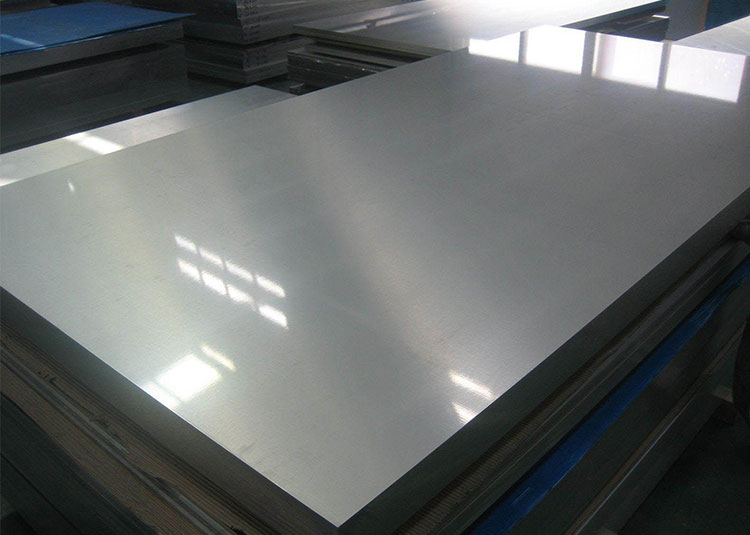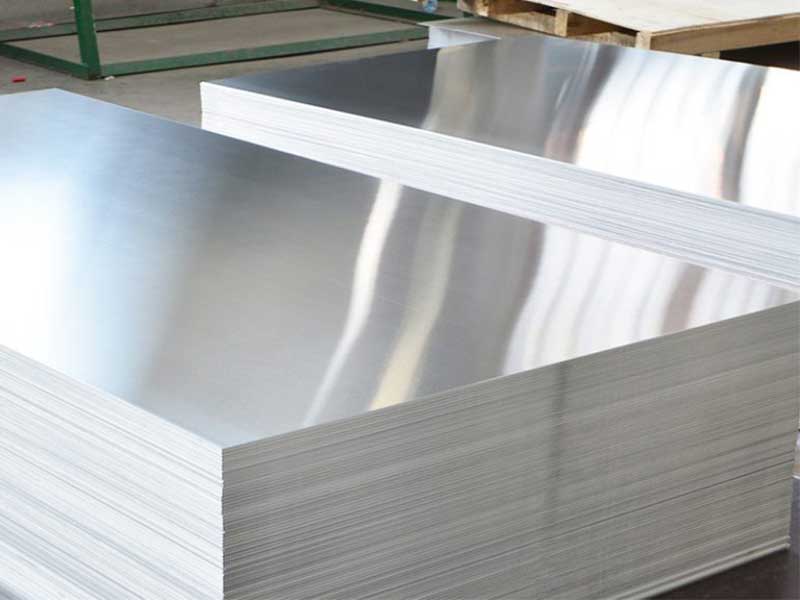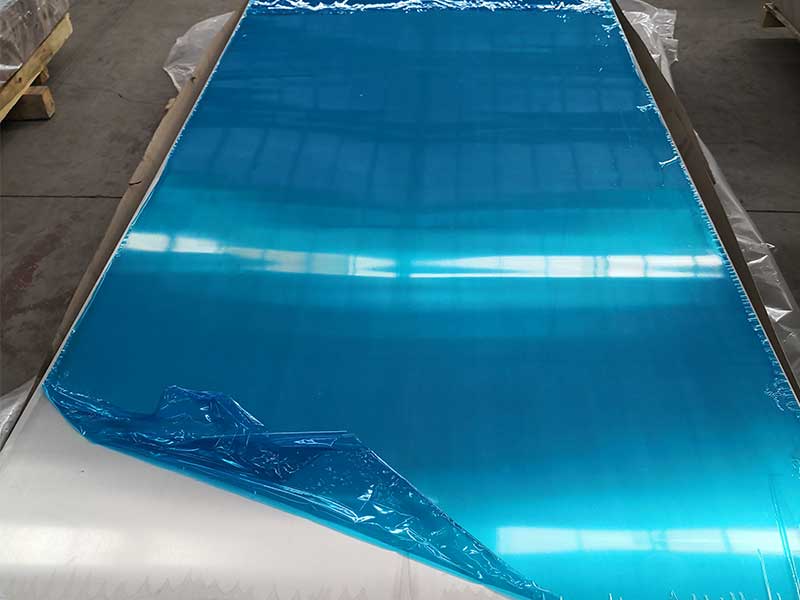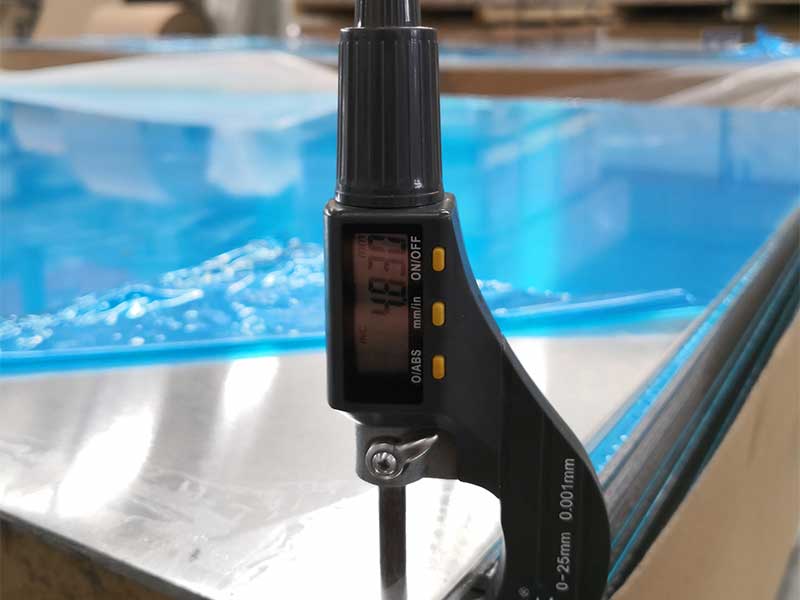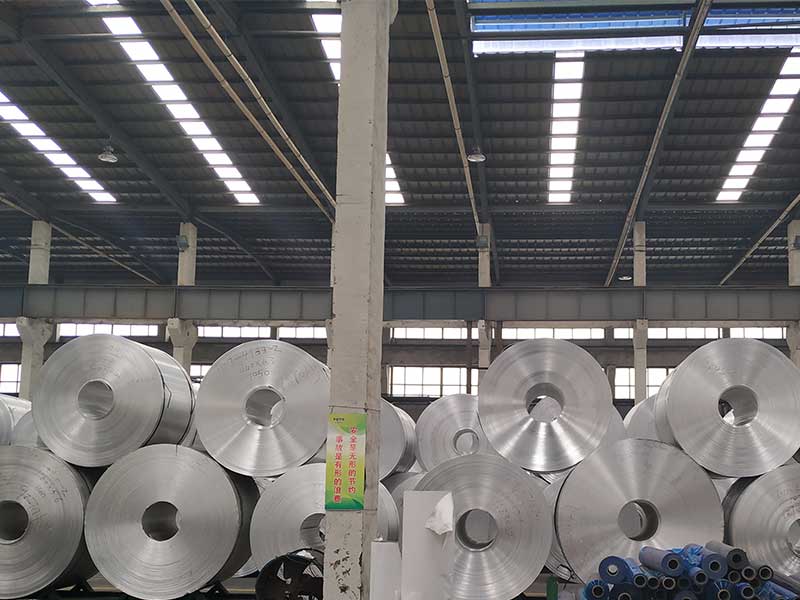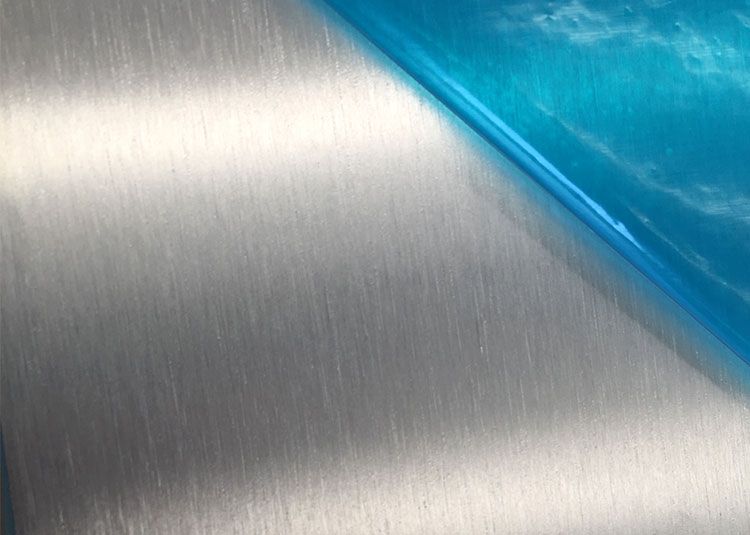Aluminum sheets are fundamental materials across diverse industries—from automotive and marine to construction and aerospace—owing to their blend of strength, corrosion resistance, and lightweight features. Among the myriad of aluminum alloys available, the 5000 series stands out for its excellent formability and excellent resistance to various stress conditions. Today, we take a closer look at five aluminum sheet alloys—5086, 5754, 5083, 5052, and 5005—to provide a rich, technical perspective on their functions, applications, chemical compositions, and implementation standards.
The 5000 Series Aluminum Alloys
Alloys in the 5000 series, primarily alloyed with magnesium, offer a robust combination of mechanical strength and corrosion resistance, particularly in marine and industrial environments. Originating from the Al–Mg family, their non-heat-treatable nature means they gain strength mainly through cold working—referred to as alloy tempering conditions.
Alloy Profiles and Their Technical Parameters
| Property | 5086 | 5083 | 5754 | 5052 | 5005 |
|---|---|---|---|---|---|
| Typical Use Case | Marine decks, transport | Shipbuilding, cryogenics | Automotive bodies, stepping parts | Fuel tanks, electronics enclosures | Architectural panels, signage |
| Al-Mg Content (%) | Mg 4.0-4.9 | Mg 4.0-4.9 | Mg 3.0-4.0 | Mg 2.2-2.8 | Mg 0.5 |
| Ultimate Tensile Strength (MPa) | 290 | 350 | 230-270 | 210-290 | 130-200 |
| Yield Strength (MPa) | 210-260 | 215-290 | 170-270 | 130-200 | 115-160 |
| Corrosion Resistance | Exceptional | Excellent | Excellent | Very Good | Good |
| Formability | Good | Moderately Good | Excellent | Excellent | Excellent |
| Heavy Weight Influence | Moderate | Low | Moderate | Low | Very Low |
| Industrial Standards | ASTM B928, AMS-QQ-A-250D | ASTM B928, EN 485 | ASTM B209, EN 515 | ASTM B209, EN 485 | ASTM B209 |
Alloy Tempering and Work Conditions
Common tempers affecting these alloys include:
- O (Annealed): Softest and most formable, ideal for deep drawing applications.
- H1x (Strain Hardened): Cold working only, results in higher strength towards balanced ductility.
- H3x (Strain Hardened and Stabilized/Partial Annealing): Controlled properties used for heavy-duty applications ensuring better fatigue resistance.
For marine-use alloys like 5083 and 5086, Strain-Hardened temper is typical to balance toughness and corrosion resistance; automotive applications favor 5754-H22 and 5052-H32 due to their exceptional formability and surface finish.
Crucial Chemical Composition Breakdown (% weight)
| Element | 5086 | 5083 | 5754 | 5052 | 5005 |
|---|---|---|---|---|---|
| Magnesium (Mg) | 4.0–4.9 | 4.0–4.9 | 3.0–4.0 | 2.2–2.8 | 0.5-1.1 |
| Manganese (Mn) | 0.2–0.7 | 0.4–1.0 | 0.3–0.6 | 0.0–0.1 | 0.0–0.15 |
| Iron (Fe) | ≤0.4 | ≤0.4 | ≤0.4 | ≤0.4 | ≤0.4 |
| Silicon (Si) | ≤0.25 | ≤0.4 | ≤0.4 | ≤0.25 | ≤0.3 |
| Copper (Cu) | ≤0.1 | ≤0.1 | ≤0.1 | ≤0.1 | ≤0.2 |
| Chromium (Cr) | 0.05–0.25 | 0.05–0.25 | ≤0.2 | 0.15–0.35 | ≤0.1 |
| Zinc (Zn) | ≤0.25 | ≤0.25 | ≤0.2 | ≤0.1 | ≤0.1 |
| Titanium (Ti) | ≤0.15 | ≤0.25 | ≤0.1 | ≤0.15 | ≤0.05 |
Functional Highlights and Applications
5086: Renowned for the highest strength members of the 5000 series with outstanding corrosion resistance in seawater and industrial environments; ideal for ship hulls, military vehicles, offshore platforms, and pressure vessels.
5083: The alloy of choice for highly demanding environments including cryogenics due to its exceptional strength and weldability; commonly used in tankers, LNG carriers, and ballast tanks.
5754: With moderately high strength and excellent finishing characteristics, 5754 excels in automotive panels, roofing, and cladding applications where weight reduction pairs well with formability.
5052: Common in manufacture of marine fuel tanks, electronic cases, and household appliances; this alloy balances a good corrosion resistance profile with moderate mechanical strength and bending capabilities.
5005: The decorative workhorse with good corrosion resistance especially against atmospheric environments and oxidation; preferred extensively for architectural trim, signboards, evaporators, and decorative coatings.
Industry Implementation Standards
Aluminum sheets in these alloys satisfy comprehensive international standards such as:
- ASTM: B209, B928 for sheet and plate thickness, ensuring consistent mechanical and chemical properties.
- EN Standards: EN 485 and EN 515 dictate sheet production, mechanical testing, and temper specifications.
- AMS (Aerospace Materials Specifications): For aerospace grades such as 5086 alloy.
- ISO Certification Compatibility: Ensures production quality suitable for global applications.
these ensures your projects incorporate aluminum sheets that meet rigorous quality, durability, and operational specifications.


